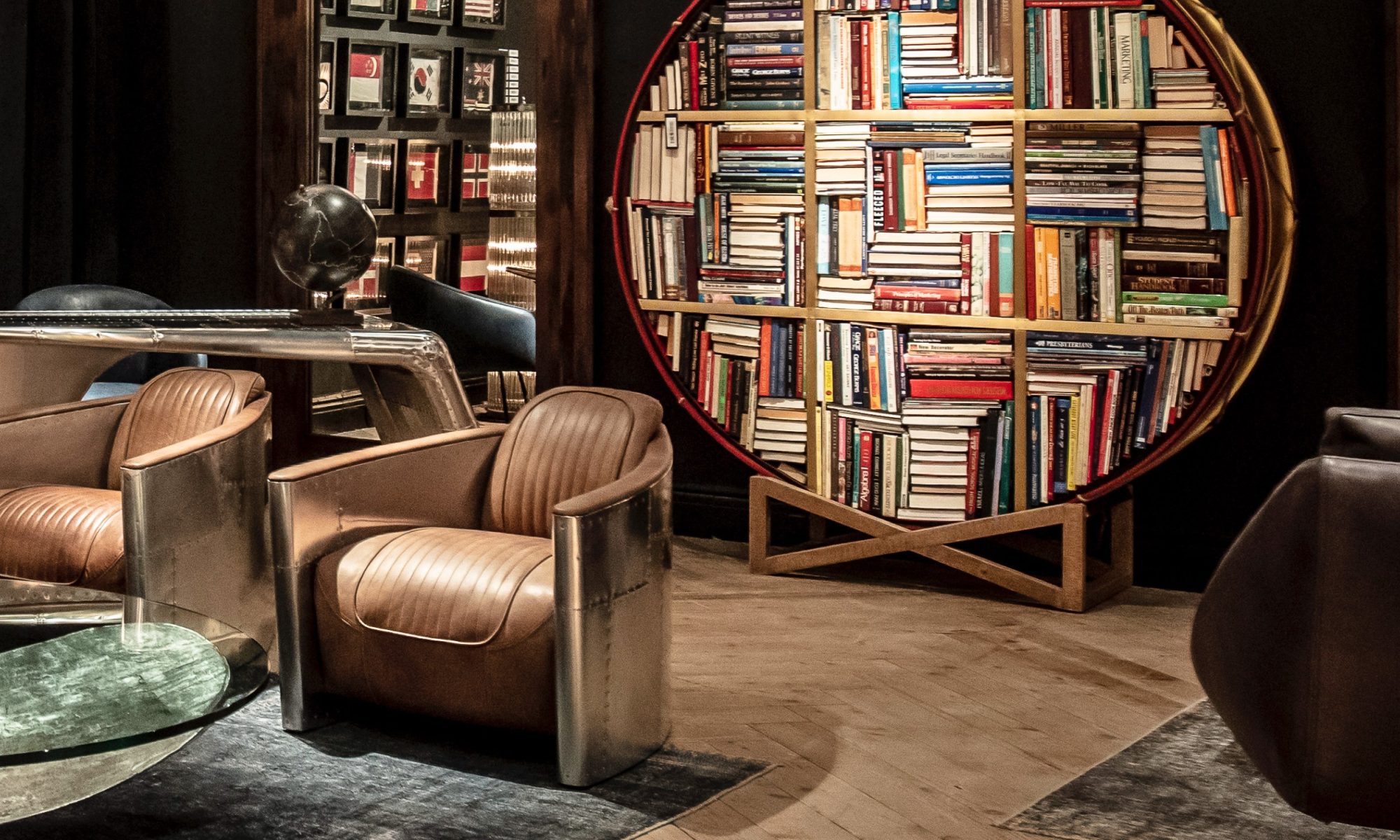
I’ve decided to add the task of starting a Metal Music Library to my list of life goals. As a side effect of all the research I’ve done, nothing feels more professionally fulfilling to me than merging my two loves at the moment – metal and librarianship. Living in New York, it just seems so senseless to me that there isn’t already a physical manifestation of some sort of metal library and collection here. I guess I’m finding it hard to stomach because New York’s history is rich with metal culture and ephemera. We are the birthplace of some of metal’s most notable bands like Anthrax, Dio, Kiss, Life of Agony, Manowar, Nuclear Assault, Tombs, Type O-, etc., Not to mention more extreme metal bands like Brutal Truth, Cannibal Corpse, Demolition Hammer, Immolation, Internal Bleeding, Malignancy. Mortician, Suffocation and on and on. Some of these have spearheaded entire sub-genres of metal.
When I worked at the Met, the Costume Institute Department had a number of music-related exhibitions like, Punk: Chaos to Culture, AngloMania: Tradition and Transgression in British Fashion, and Rock Style. I can easily see these kinds of exhibitions displaying the material culture of heavy metal, perhaps record collections, even the fashion, which believe it or not, there is. Just take a look at how the latest Kardarshian brood is co-opting our style.

Or just celebrities in general:
And I’m not posting these images to make metal-heads angry; on the contrary, it’s says a lot about mainstream culture appropriating and encouraging a heavy metal style, even if its a misinterpretation. Is heavy metal music becoming more acceptable, and if so, why? How are perceptions changing and what is the historical importance? Preserving aspects of “our” popular culture and subcultures are important for a variety of reasons.
Take a look at fellow WordPress blogger and musician/scholar Jason Netherton’s book, “Extremity Retained: Notes From the Death Metal Underground” in which he collects an oral history of death metal music from the musicians and people involved in the early scene. Additionally, he’s been scanning and making available early death metal zines from the 1980’s and on, in his blog Send Back My Stamps! – talk about preservation and accessibility!
As I research and work alongside my metal academic comrades, I see further evidence of the need for preserving metal music and it’s material culture. My colleague and fellow librarian, Brian Hickam, maintains a wonderful online bibliography for the International Society of Metal Music Studies (ISMMS) with categories for searching via books, articles, chapters, etc. It’s been very helpful in my own studies.
There are other institutions such as The Rock and Roll Hall of Fame Library & Archives, which, of course, collect under rock-and-roll, but also includes a variety of subgenres, metal being one of them.
Over in the UK, there is The Home of Metal, a project started as collaboration project with the Black Country Arts Partnership, The New Art Gallery Walsall, Birmingham Museum and Art Gallery and Wolverhampton Art Gallery to celebrate and preserve the birthplace of heavy metal in the West Midlands.
Gary Shafer, the man behind Heavy Metal Museum, is also catering to heavy metal preservation and offering a platform for sharing and selling metal memorabilia. And if I couldn’t push the case for Metal Music studies and libraries being important, this article from the Wall Street Journal does the job for me.
In my own home library, here’s what I’ve been collecting and hoping to preserve for my daughter…(it’s very much a growing collection)













